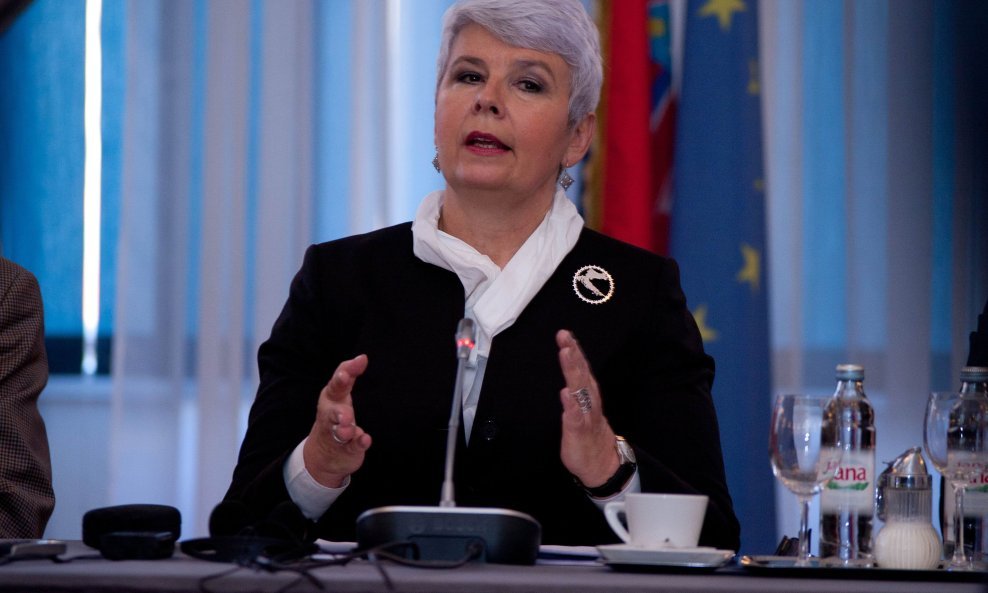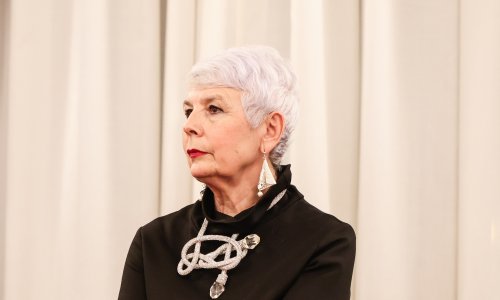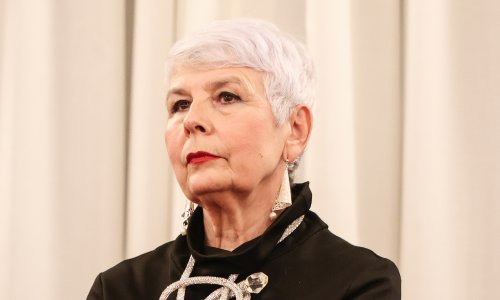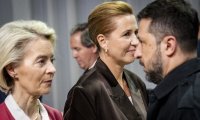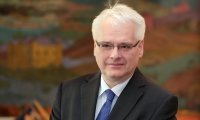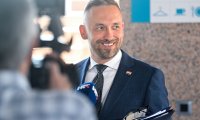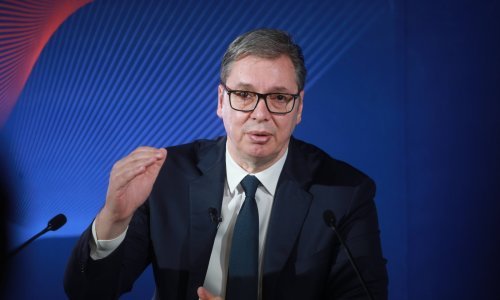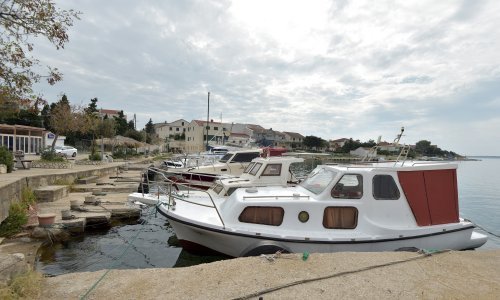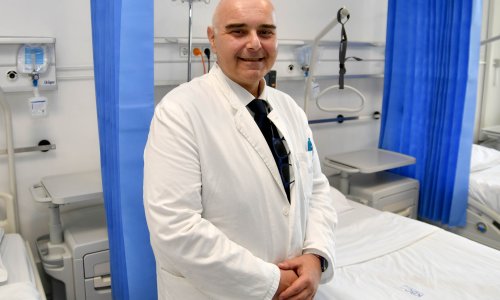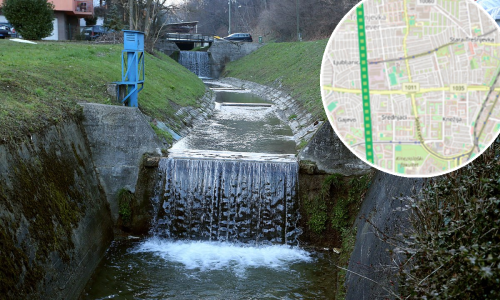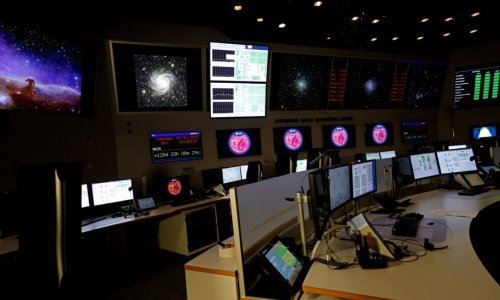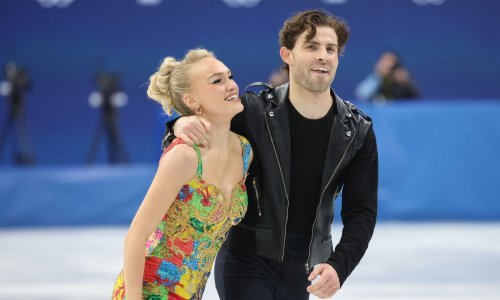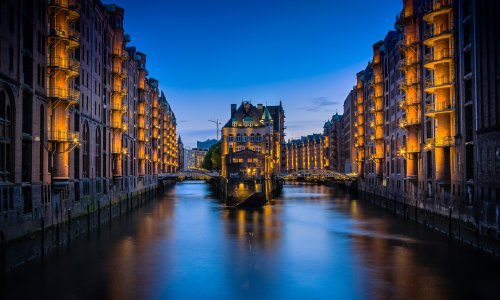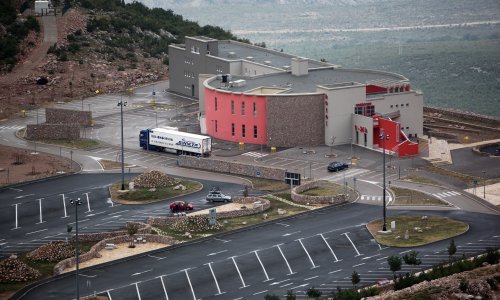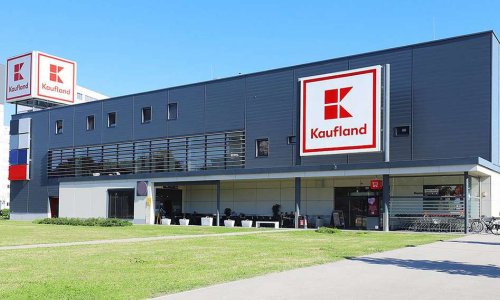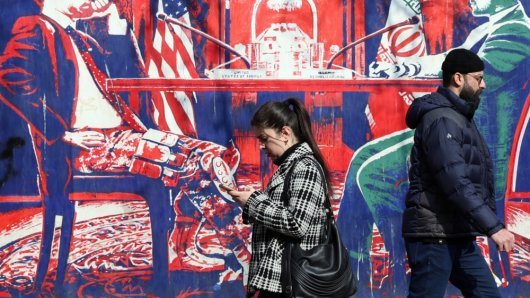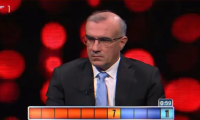Danish Ambassador to Croatia Bo Eric Weber has expressed confidence that Croatians will support their country's accession to the EU in the January 22 referendum, adding that there is no doubt that Croatia will be a big asset to the European Union as will the EU to Croatia.
Weber, whose country is chairing the EU, was speaking at a round table discussion organised in Zagreb on Sunday by the Croatian Democratic Union (HDZ). The event was entitled "Croatia and European Union - From Recognition to Membership".
The Danish ambassador said that his country supported Croatia's admission to the EU.
The HDZ's round table debate, organised on the occasion of the 20th anniversary of Croatia's recognition by the international community, was also attended by HDZ president Jadranka Kosor, HDZ vice-president Vladimir Seks, and former senior state officials - Prime Minister Franjo Greguric, Parliament Speaker Zarko Domljan and Foreign Minister Zvonimir Separovic.
The event, which was attended by diplomats, politicians and business people, was also addressed by Vjesnik daily editor-in-chief Bruno Lopandic, who spoke about the role of the media in informing citizens about the forthcoming EU entry referendum.
Kosor said her party strongly supported the highest possible turnout in the EU entry vote and support for the country's accession to the EU, so that Croatia "could sit at the table of European states and nations" and decide about its future on its own.
The Croatian people belongs in the European circle of nations with its history, culture and achievements, and by joining the EU Croatia will be "returning home", Kosor said, adding that Croatian war veterans and their families deserved the most credit for that, notably war veterans who had given their lives for Croatia.
She described EU entry as the last battle of Operation Storm. Recalling that in the last 20 years Croatia had achieved what other nations achieved over centuries, Kosor said that January 1992 and January 2012 were two anchors in Croatia's history.
She underlined the important role of Croatia's first President Franjo Tudjman for Croatia's integration with Euro-Atlantic associations and recalled Croatia's difficult negotiations with the EU, expressing pride that her government had unblocked and brought to completion the EU entry talks.
Domljan spoke about the parliament's role in Croatia's international recognition, recalling the circumstances in international politics at the time, when he said the international community advocated the preservation of Yugoslavia, doing its best to postpone Croatia's recognition.
Former PM Franjo Greguric said the then government had done its job in the best possible way. He expressed regret that 20 years later, Croatia's international recognition was not mentioned in a single word at a government session.
Zvonimir Separovic, too, spoke about diplomatic opposition to Croatia's international recognition.
Speaking about the forthcoming EU entry vote, Vladimir Seks said that most citizens would understand the importance of the EU entry vote, just as they had understood the importance of the 19 May 1991 referendum on Croatia's independence.



